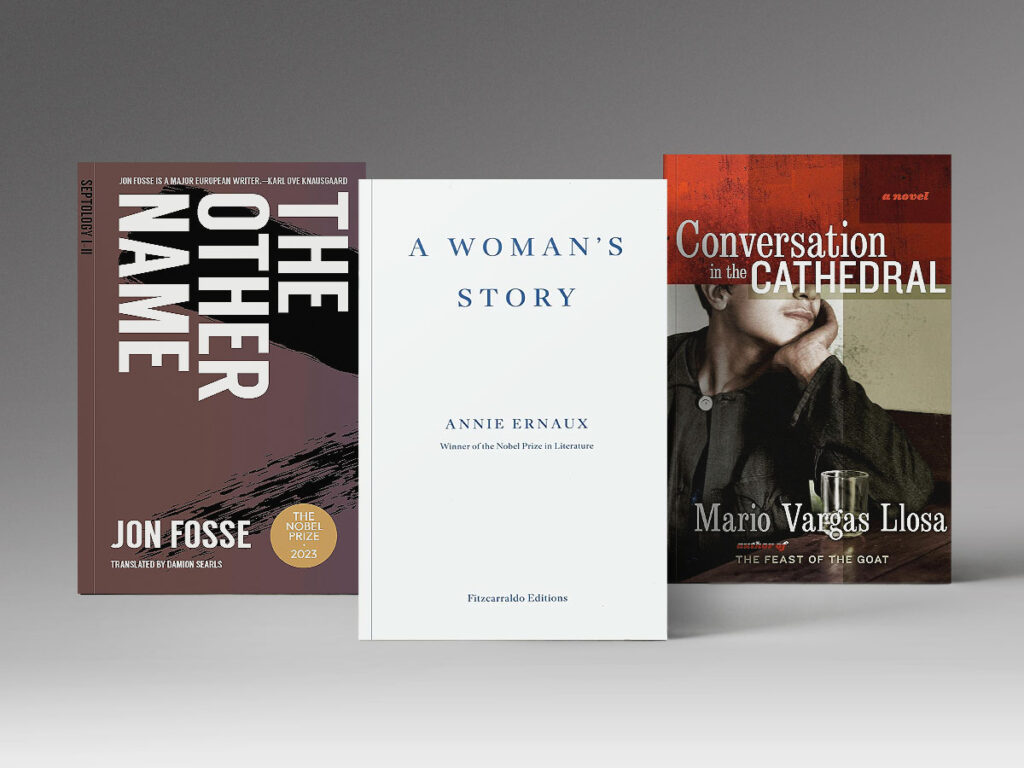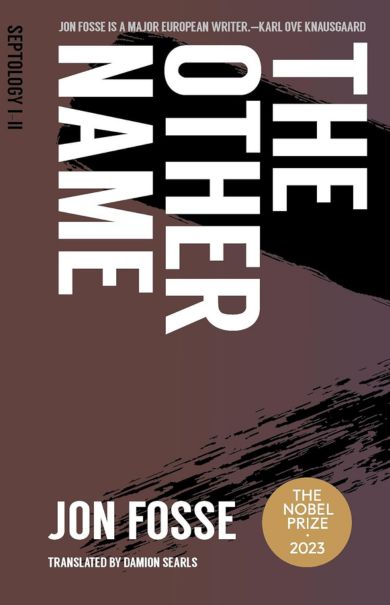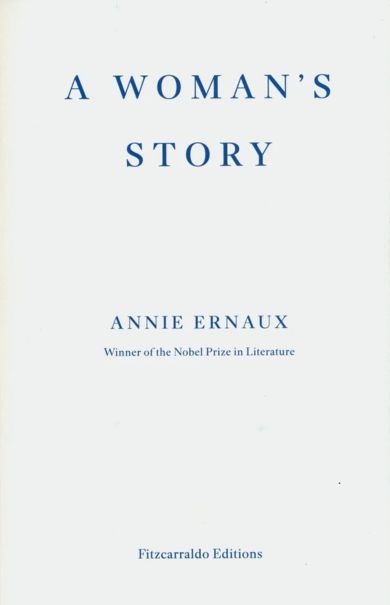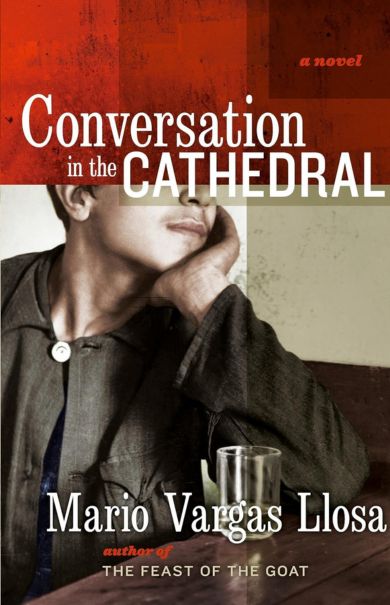
This month, we’re highlighting three books by recent Nobel Prize winners in Literature. Each writes in a different voice, explores unique experiences, and represents a distinct literary tradition. What unites them is a shared belief that Literature is more than just escapism.
Jon Fosse shows that it’s possible to tell a story without periods or grand events and with immense existential weight. Annie Ernaux turns to family archives to understand who she is. And Mario Vargas Llosa returns to his homeland in a monumental novel that lays bare a regime that destroyed more than one generation.
This series isn’t sponsored. The only criterion for receiving Books Factory’s unofficial seal of quality is the books’ inherent literary value.
Jon Fosse, The Other Name: Septology I–II
The 2023 Nobel Laureate in Literature is a writer with an unmistakable voice. Fosse’s prose dispenses with periods and is thick with commas, repetitions, recurring images, and a subtle rhythm. It reads like meditation—or like prayer.
At the centre of “The Other Name” is Asle, a solitary painter living in a small Norwegian coastal town. He has a double—another Asle—who could have been him had life unfolded differently. One gave up drinking, turned to faith, and found peace. The other drowned in darkness. Their lives intertwine in a story full of retrospection, silence, and spiritual tension.
This isn’t a one-sitting read—it demands focus, time, and a willingness to engage with Literature that doesn’t lead the reader by the hand. But it richly rewards patience. Karl Ove Knausgård wrote: “His voice is unmistakable.” He was right.

Annie Ernaux, A Woman’s Story
The 2022 Nobel Laureate has long worked in a mode she describes as “autobiographical literature rooted in personal life.” “A Woman’s Story” is a powerful reflection on Ernaux’s ambitious, devout, at times distant mother and the shifting power dynamic between parent and child as time advances.
Ernaux’s prose is restrained, analytical, and emotionally charged. She reconstructs her mother’s life with clear-eyed precision, uncovering how class, gender, and generational change shaped both women. The result is a brief but potent account that critics have described as a “literary dissection of memory.”
“A Woman’s Story” stands alone in English—yet it captures with piercing clarity the intimacy and complexity of familial memory.

Mario Vargas Llosa, Conversation in the Cathedral
The late Mario Vargas Llosa—awarded the Nobel in 2010—is the most senior of our featured laureates. His novel “Conversation in the Cathedral” remains one of the significant literary achievements of the twentieth century. Set in 1950s Peru during the military dictatorship of General Odría, it paints a vivid portrait of a nation under authoritarian rule.
The novel moves between multiple timelines and perspectives, but its core is a conversation between two men—Santiago and Ambrosio—in a bar called La Catedral. They come from vastly different backgrounds, divided by race, class, history, and speech. As they recount events from their lives, the story of Peru unfolds between the lines—fragmented, partial, and deeply personal.
Their dialogue becomes a frame for a much broader story about power, humiliation, compromise, and betrayal. This is a sweeping, multi-layered novel in which individual fates are tightly bound to national trauma. Vargas Llosa never moralizes. Instead, he lets readers see how systems corrupt lives—and how private tragedies mirror collective ones.

Nobel-Winning, Without the Pomp
These May picks aren’t light reads. You probably won’t bring them to the beach or crack them open over a casual breakfast. But if you’re looking for Literature that stays with you—books that ask the hardest questions—then Fosse, Ernaux, and Vargas Llosa are essential.
Their Nobels are not just about subject or style. They’re a reminder that Literature still dares to speak the truth.
